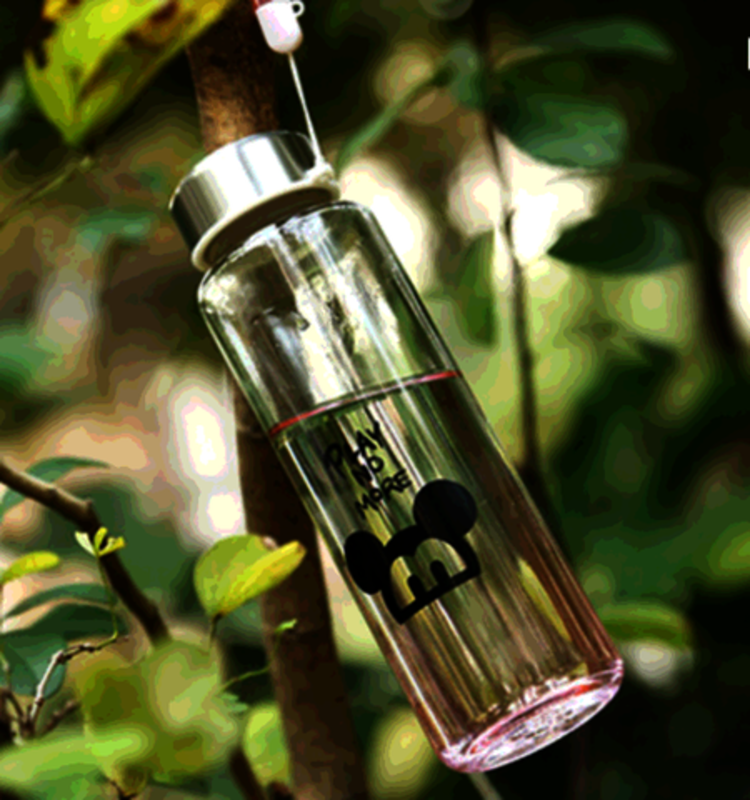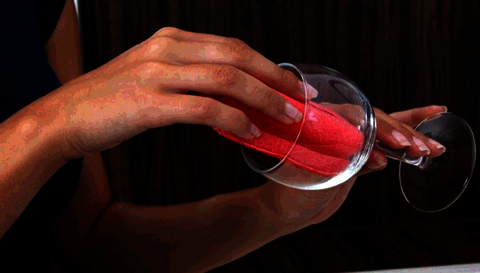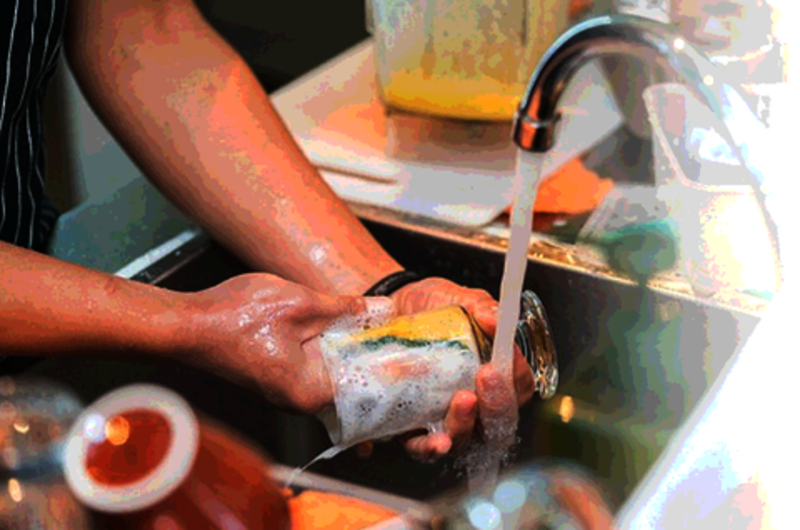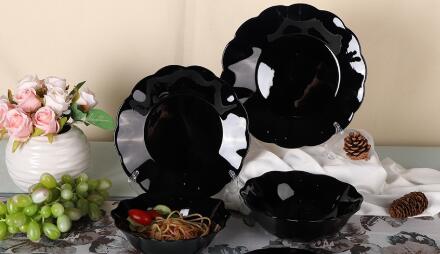How to clear foggy glass? Let me tell you!
Pulished on Dec. 27, 2018During autumn or winter season, the weather is always moist. As a professional glassware supplier and purchaser, we need to know the weather also can affect glassware’s quality. Under this environment, the glass is more easily to get foggy and cloudy. However at this time, it can always be cleared.

We need to understand what is happening to the glass.it is important to understand what type of matter glass actually is. It may seem like a solid substance to the touch but it is actually an amorphous solid, a liquid that was super cooled and is now somewhere between a solid and a liquid. Because of this, liquid can seep into the glass through micro fractures, giving the surface a cloudy appearance.
And what is foggy glass? Foggy glass is an industry term describing glass that has calcium deposits, which causes a light, foggy appearance in glassware. The water that held flowers in the vase or the repetitive washing of the tumbler is the culprit. Often, cloudiness is caused by consistent contact with hard water (i.e. water that contains calcium, lime, or other minerals) and this cloudiness can be difficult to get rid of.

How can you solve this problem? Following are some tips we offer to you.
1. Leave the object in vinegar and water overnight to loosen calcium deposits, rinse with water and dry with a microfiber towel.
2. Vaseline or petroleum jelly can sometimes remove light calcium build-up. Let it sit for 4-5 days before removing.
3. Fill with lukewarm water and drop in a denture cleaner tablet.
4. Pearl Drops Toothpaste has been recommended for light calcium stains. Dab a little on your index finger and lightly rub. Wash with water.
5. Dow Tub and Tile cleaner. Spray on, let sit, then rinse.

Besides, remember to never wash glassware with cold or hot water. Extreme temperature changes can cause glass to crack or shatter. In addition, fine glassware should not be placed in the dishwasher. Dishwashers can cause hard water stains to appear, some detergents can etch the surface and there is a possibility that vibration of the dishwasher can cause a piece to shatter.
The best way to clean your glass is to wash by hand, always with lukewarm water, mild dishwashing soap (liquid), and dry with a microfiber towel. Avoid cleaning surfaces with hydrochloric acid as an ingredient. Hydrochloric acid is highly corrosive and can permanently damage and etch your glass.
Actually when glassware get foggy, there is a very effective and convenient way to solute this problem. That is you can add some vinegar to water, then put the glass into water to soak for about a minute. After that, you can a cloth to wipe the glass gently and you will find that the glass will become very bright and clear.
Whether an heirloom, collection or a new hobby, glassware can serve you well and gracefully adorn your cabinet shelves if cared for properly.The above are some practical ticks to deal with foggy glassware. Do you get it?









